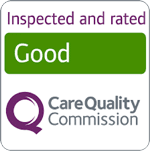Dementia: How to reduce the risk and frequently asked questions
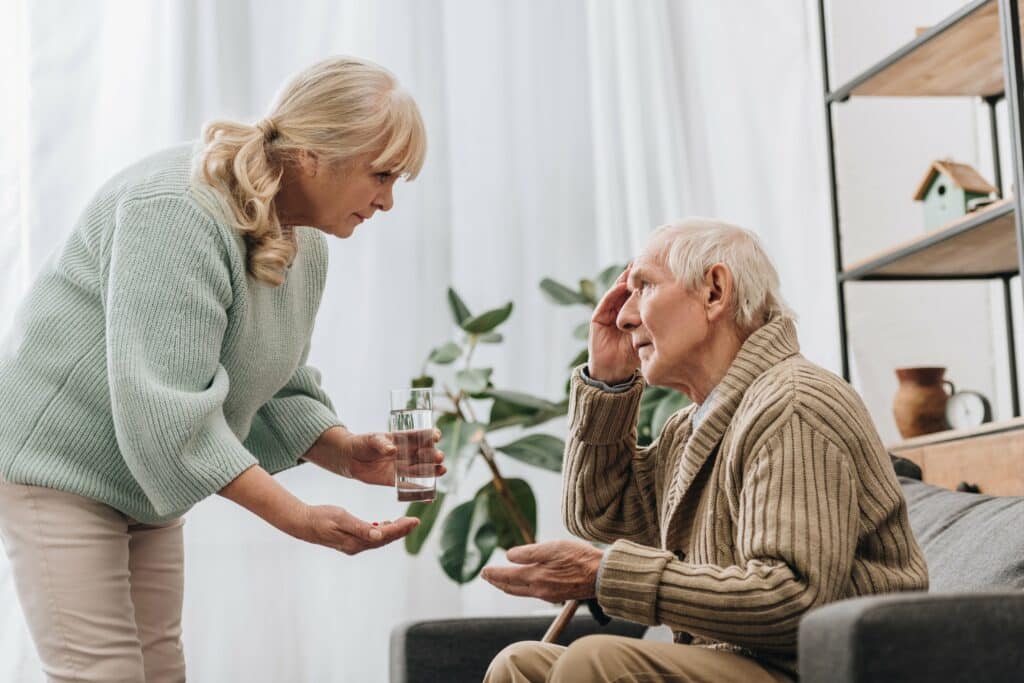
The number of people living with dementia is staggering. Every 3 seconds, this disease impacts another person! In 2020, 55 million sufferers worldwide were recorded, nearly double what we had just 20 years ago. It is targeted to reach 78 million by 2030.
Our aged loved ones play a significant role and are an essential part of our communities. They provide us with a sense of warmth, love, and trust, as well as wisdom and knowledge to guide coming generations. So it’s no wonder we want to provide them with the right care, support and treatment, so their quality of life continues to be the best it can be.
In this blog, we talk about these mental health issues, dementia, and how to reduce the risk.
Mixed dementia: Causes, progression & managing the effects

Part 2 of our Focus On Dementia series: Mixed dementia
Mixed dementia is a condition when an individual with dementia is affected by two types of dementia. The most common type is Alzheimer’s disease and vascular dementia.
Discover more about the causes, progression & managing the effects…
Vascular dementia: Symptoms, causes & diagnosis

Part 1 of our Focus On Dementia series: Vascular dementia
Mental and cognitive problems that cause difficulties in reasoning, planning, judgement, memory and other thought processes are known as vascular dementia. These problems come about because of brain damage and impaired blood flow to the brain.
Discover the symptoms, causes and diagnosis for vascular dementia here.
The importance of home care services for your loved one following a hospital visit

Every health care professional is concerned about the well-being of their patients, especially when they are discharged from hospital. Usually, one of the family members takes responsibility to care for their loved one, but over time it can be overwhelming. This can result in it being emotionally draining and possibly change the relationship between you both.
Read more here
How to support a loved one with dementia over Christmas

Christmas means many things to many people—typically a time for food, family and festivities. But for people with dementia it can be more challenging. But Alzheimer’s Society have shared some really useful tips on easing the pressure and ensuring everyone can get involved over the festive period.
6 ways to reduce dementia sundowning symptoms
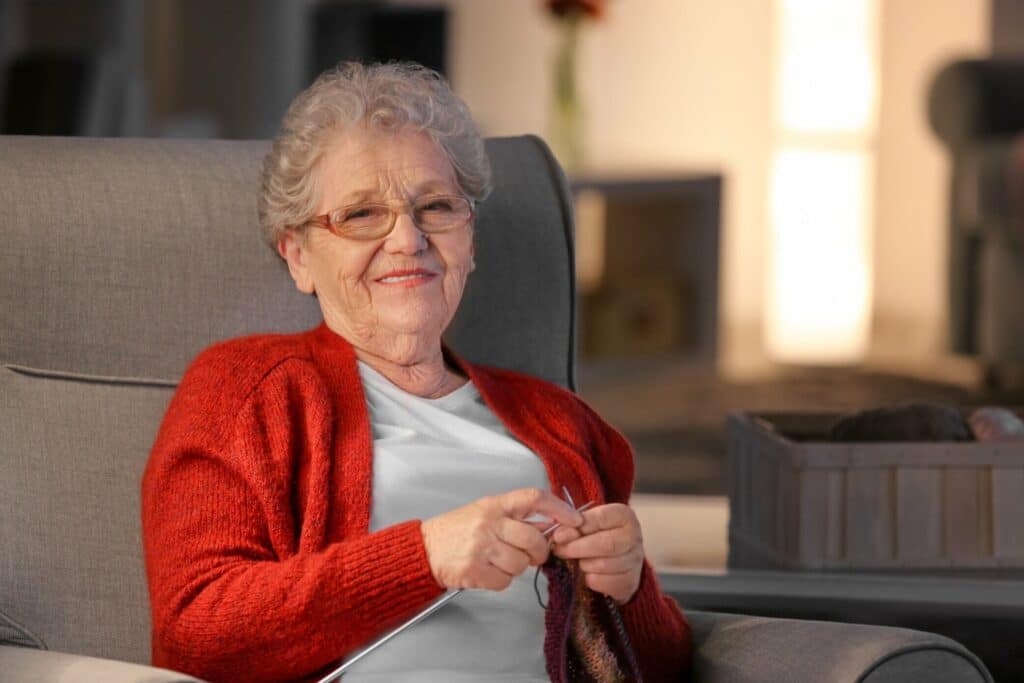
Many people with Alzheimer’s or dementia can become increasingly confused, anxious and agitated later in the day. They may also have disrupted or restless sleep.
These are typical ‘sundowning’ symptoms which can be tricky to manage. They can be stressful for the whole family, so we’ve pulled together some useful information on why this behaviour happens and ways to reduce and manage the symptoms.
5 tips for a healthy heart
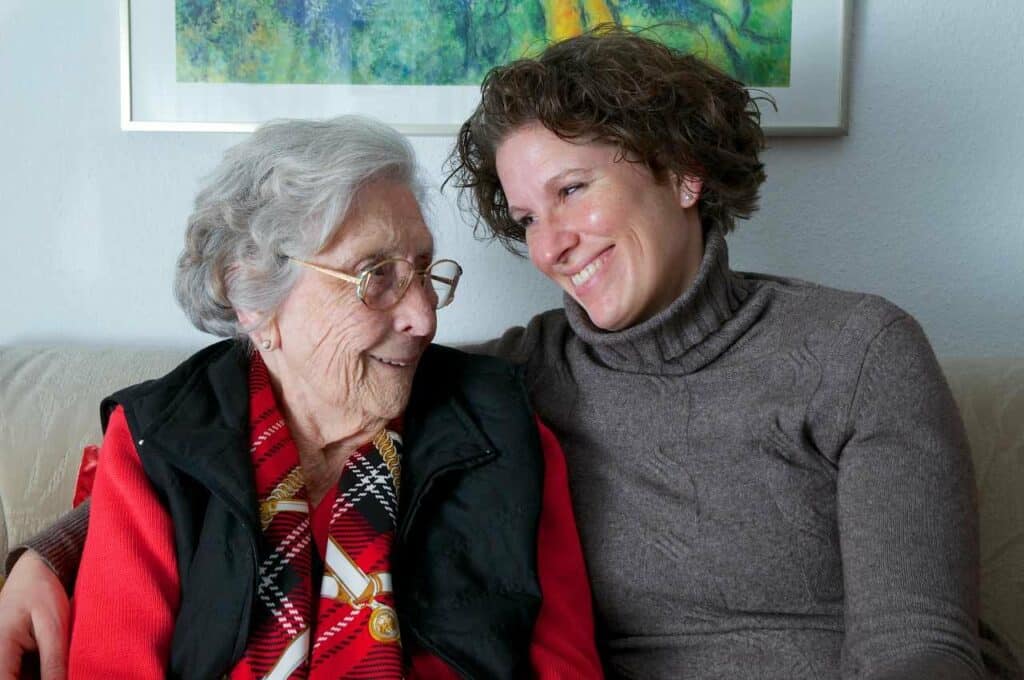
A healthy diet can help reduce your risk of developing coronary heart disease, prevent weight gain and reduce your risk of diabetes and high blood pressure.
So, we’ve pulled together some simple tips to help you and your loved one to eat heart smart.
3 ways to look after your eye health

Millions of people in the UK are living with sight loss. Half of this sight loss is though to be avoidable so here we’ve pulled together 3 top ways to look after your eye health.
As well as your regular optician check-ups there are plenty of other things you can do to help look after your eye health.
How to talk to someone with dementia – Top 6 tips

Alzheimer’s and dementia can change the way your elderly loved one hears, processes and responds to conversation. We appreciate this can be really challenging. Finding the right communication techniques can make caregiving a lot easier and improve the quality of life for you both. Here’s our top pick of dementia communication techniques.
How home care services in Bath improve quality of life
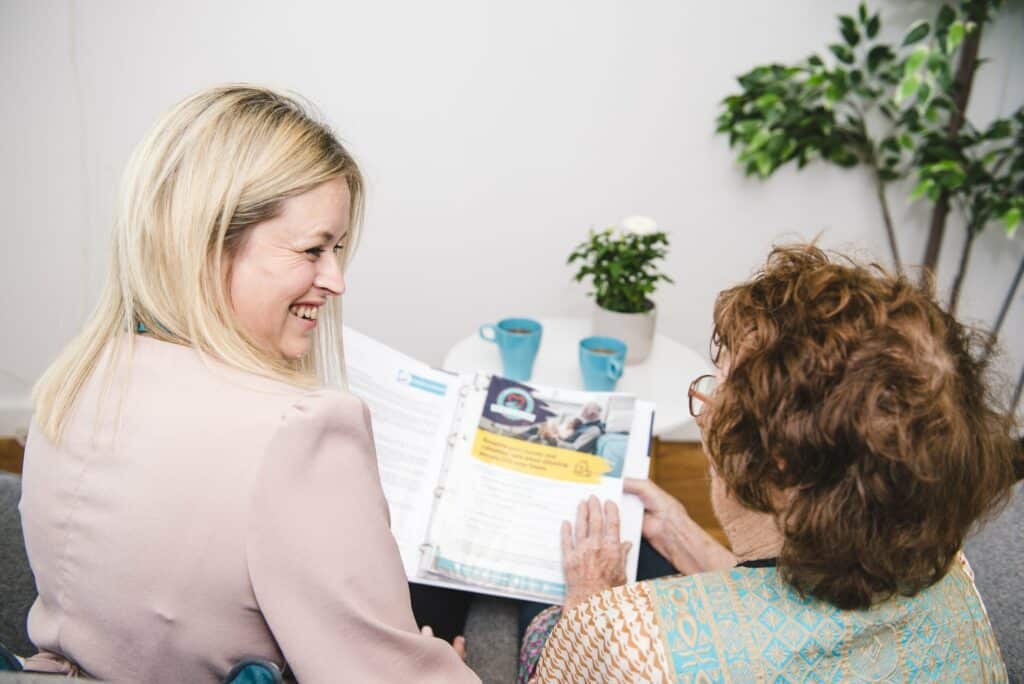
For those looking for home care services, it at first can seem like a daunting task. Do you want to help your family member stay in their home rather than have them in residential care or nursing care ?




